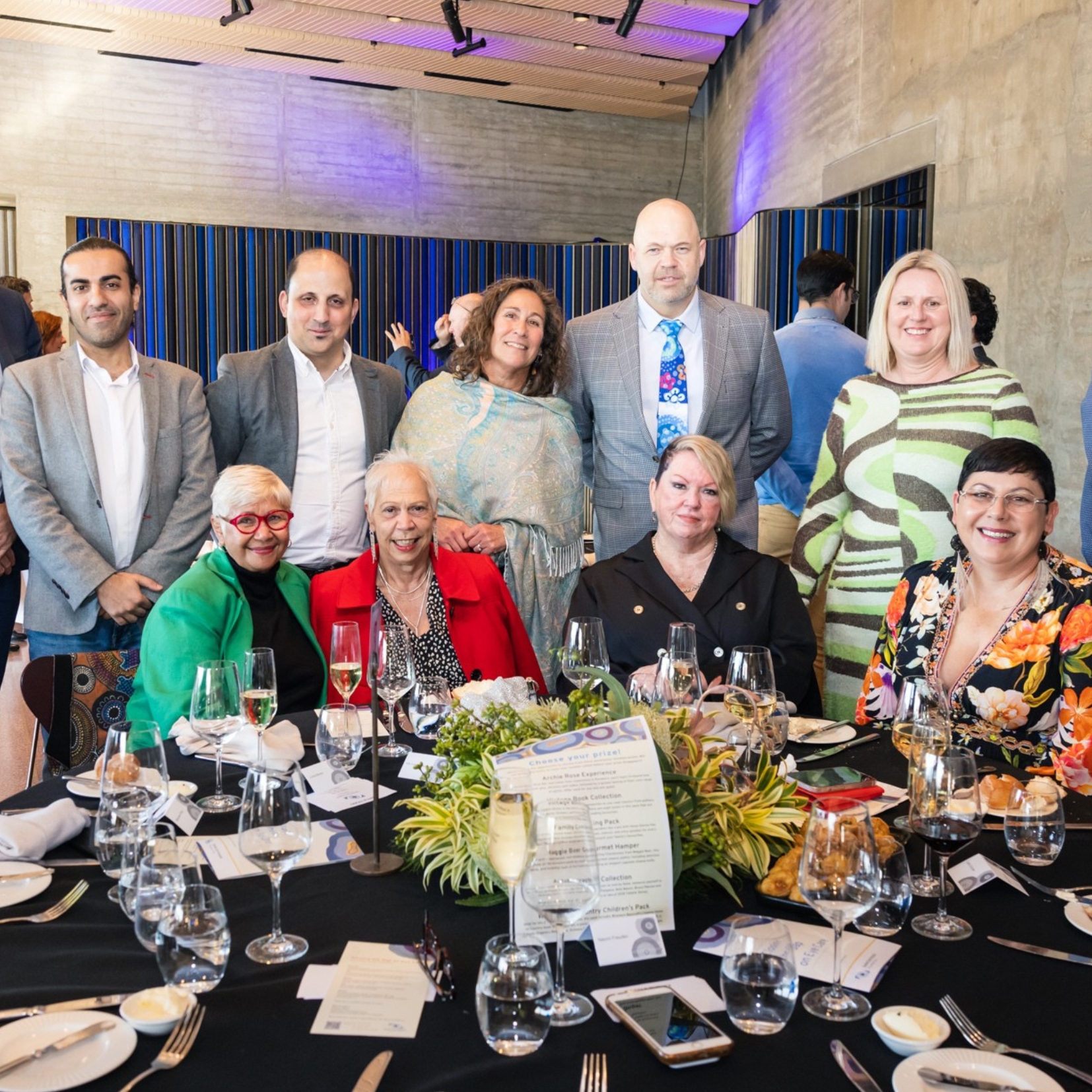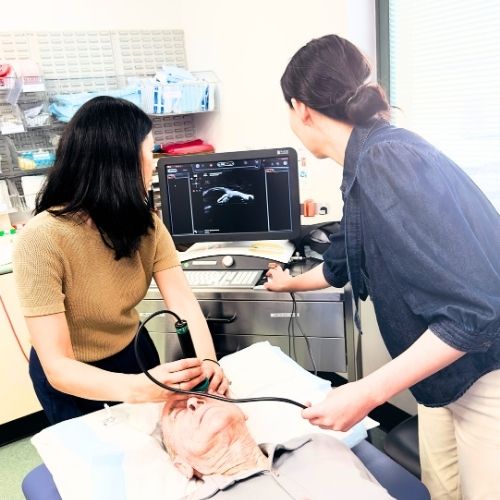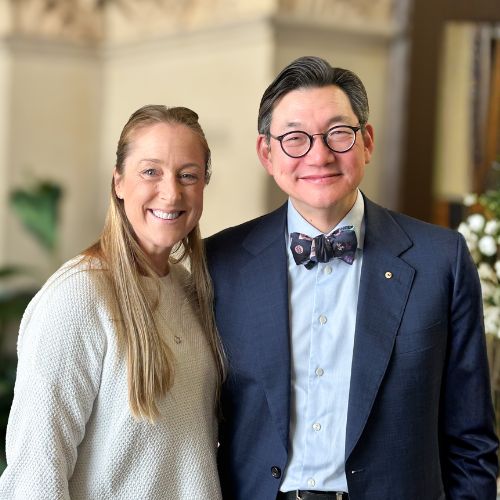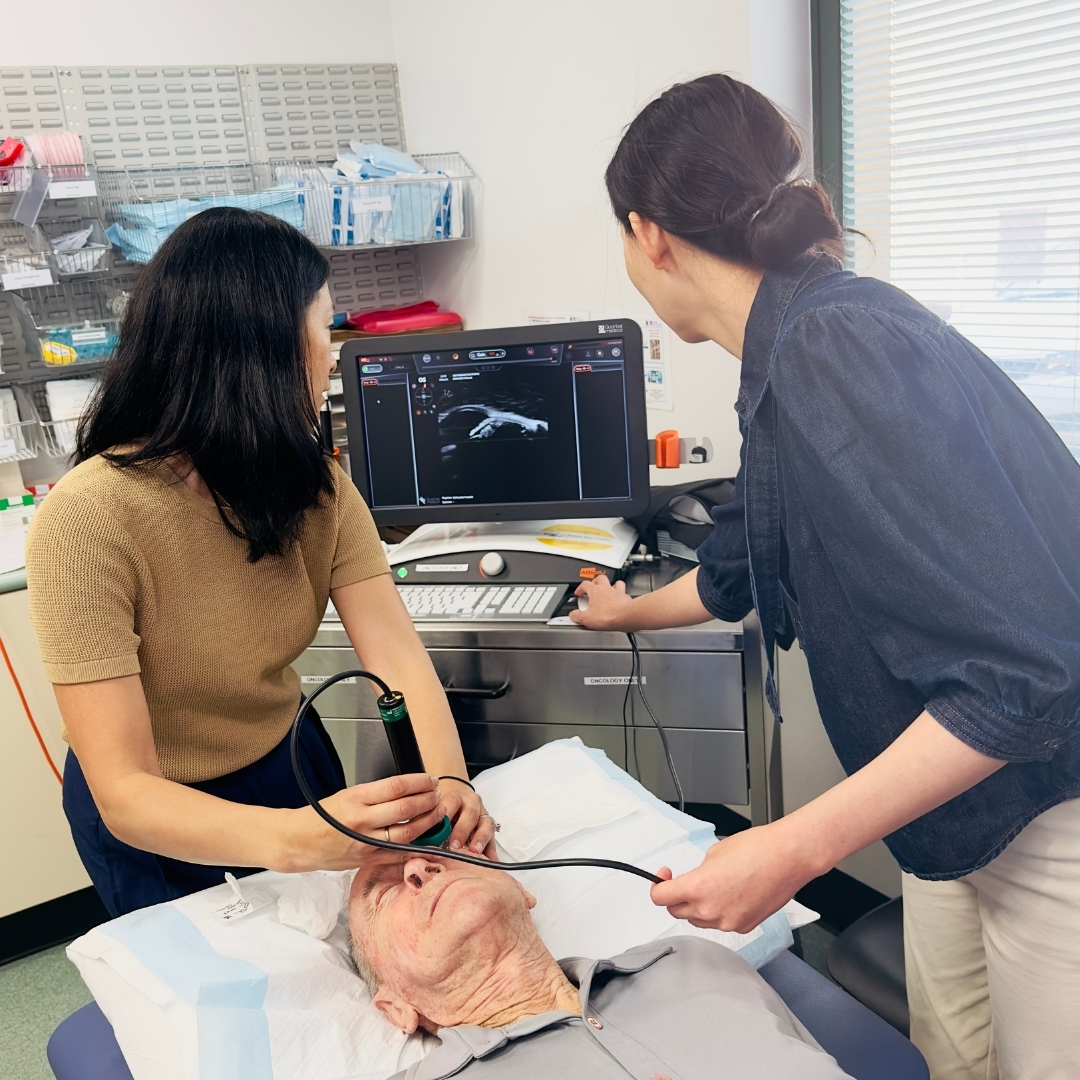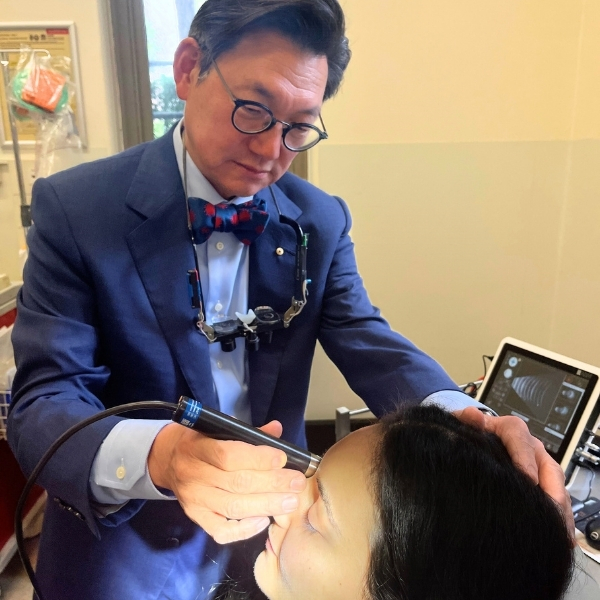Age-related macular degeneration (AMD) is the leading cause of vision loss in Australians over the age of 55. It’s a condition that affects the central part of the retina, the macula, which is responsible for clear, detailed vision. Over time, the macula deteriorates, leading to blurry or distorted vision, making everyday tasks like reading, driving, or recognising faces difficult.
What is the macula and how does AMD affect it?
The macula is a small but vital part of the retina at the back of the eye. Think of it as the area that lets you focus on what you’re looking at in detail—whether it’s a book, a face, or a street sign. AMD happens when the macula begins to weaken, leading to a gradual loss of vision in the centre of your field of view.

There are two types of age-related macular degeneration: dry and wet.
- Dry AMD is the most common form. It develops slowly and causes gradual vision loss as the macula thins and tiny protein clumps called drusen form.
- Wet AMD is less common but more serious. It occurs when abnormal blood vessels grow under the retina and leak fluid or blood, causing rapid damage to the macula and significant vision loss. Wet AMD is often the reason for sudden changes in vision, and it requires immediate treatment.
How common Is AMD?
In Australia, AMD is alarmingly common. It is the most frequent cause of blindness in people aged 55 and older. As the population ages, the number of people affected by AMD is expected to grow significantly. While the condition typically affects people over 60, early signs can begin appearing in your 50s.
The good news is that with early detection and treatment, the progression of AMD can be slowed, and vision can often be preserved.
Revolutionary treatment: Anti-VEGF injections
Until relatively recently, there was very little that could be done to treat wet AMD. The growth of abnormal blood vessels under the retina often led to irreversible damage. Without treatment, many patients would lose their sight completely.
That’s where anti-VEGF injections have made a revolutionary difference. Anti-VEGF (Vascular Endothelial Growth Factor) drugs stop the growth of these abnormal blood vessels by blocking the protein VEGF, which promotes their formation. When injected into the eye, anti-VEGF medications stop blood vessels from leaking fluid or bleeding into the macula, effectively preventing further damage to vision.
Since the introduction of anti-VEGF injections in the early 2000s, this treatment has completely transformed the outlook for people with wet AMD. It has given many patients the chance to maintain, or even improve, their vision. In the past, without these injections, people with wet AMD would often go blind.
The risk of infection
Although anti-VEGF injections are a powerful tool in treating wet AMD, they do carry a small risk of infection. While infections after these injections are rare, they are a serious concern and require immediate medical attention. Signs of infection may include redness, pain, sensitivity to light, and blurred vision. If any of these symptoms occur after receiving an injection, it is crucial to seek help from an eye specialist immediately.
At Sydney Eye Hospital, our specialists are trained to respond rapidly to such emergencies, providing timely treatments such as antibiotic injections and, in some cases, emergency surgery, to prevent further damage. We have the expertise to act quickly and ensure that patients like Sheila receive the best possible care, even in urgent situations.
Treating AMD in older patients
For older patients like Sheila, who are frail and have multiple health conditions, undergoing any form of eye surgery can be more complex. Sheila’s treatment required not only specialised ophthalmic care but also support from a range of medical teams—including anaesthetists, nurses and heart specialists. In these cases, managing the risks associated with anaesthesia and surgery becomes just as important as treating the eye condition itself.
Sheila’s journey was testament to the excellence and collaboration at Sydney Eye Hospital. After undergoing emergency surgery, her eye was saved and while she lost some sight in her left eye, her overall condition improved significantly.
The role of Sydney Eye Hospital
The medical staff at Sydney Eye Hospital understand that treating age-related macular degeneration is about more than just the eye. It’s about comprehensive care, where specialists from multiple departments come together to ensure the best possible outcome for the patient.
Our ophthalmic nurses, emergency department staff, and anaesthetists all play a critical role in providing holistic care. From managing a patient’s other medical conditions to offering the right post-surgery care, every member of our team is dedicated to making sure patients are well-supported throughout their treatment.
The impact of your support
The treatments and care that make success stories possible are only possible because of the support of generous donations to the Sydney Eye Hospital Foundation. Thanks to you, we can continue to invest in the latest research, cutting-edge treatments, and specialised equipment to provide the best care for people with macular degeneration and other eye conditions.
As we look to the future, we remain committed to improving the lives of people living with AMD, ensuring that they have access to the best possible care and the opportunity to live life with the gift of sight.
Your generosity truly makes a difference. Thank you for helping us change lives, one patient at a time.


